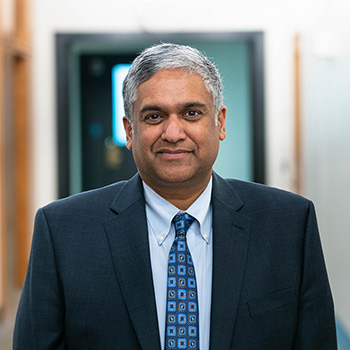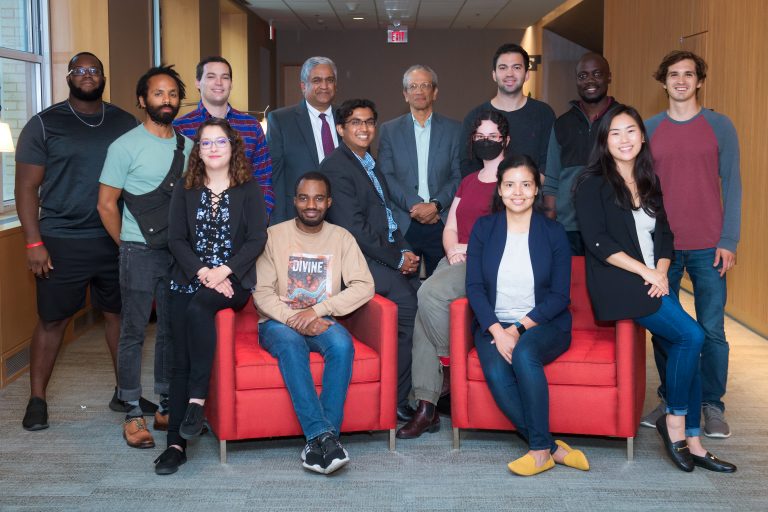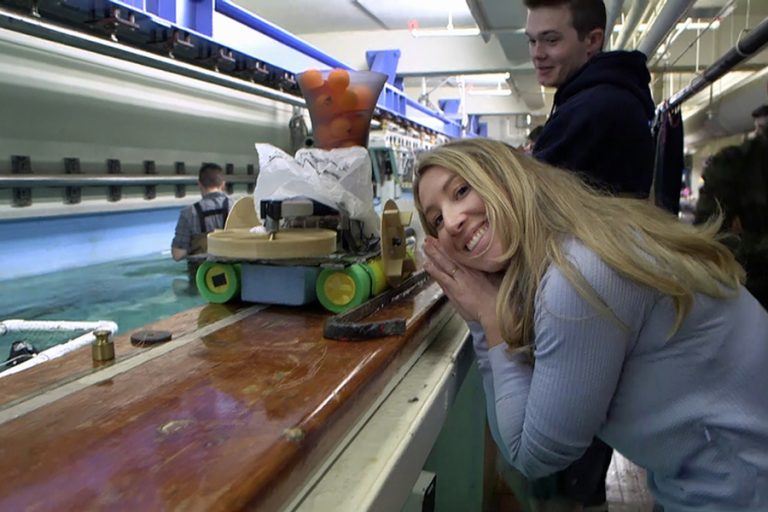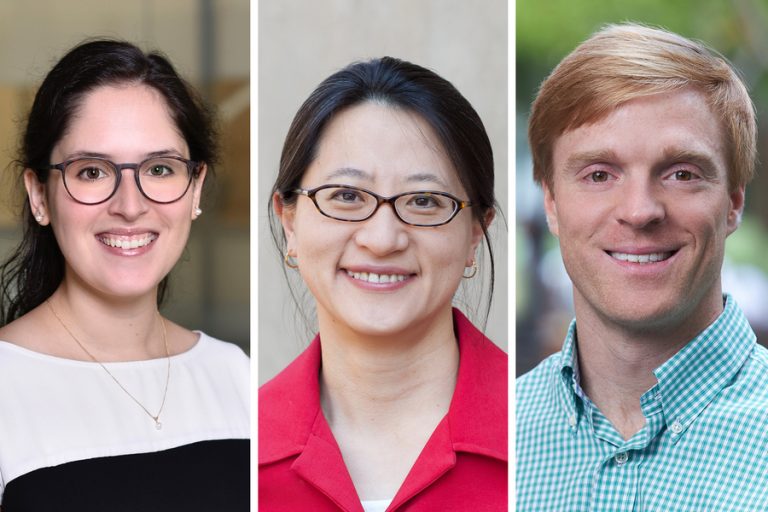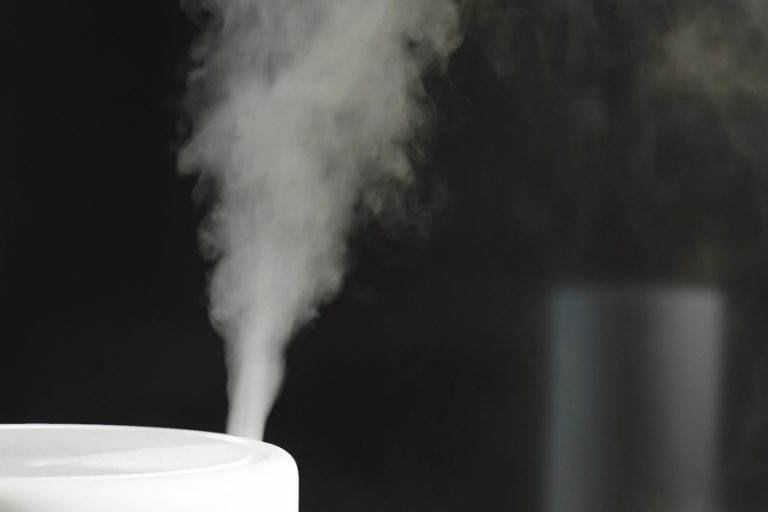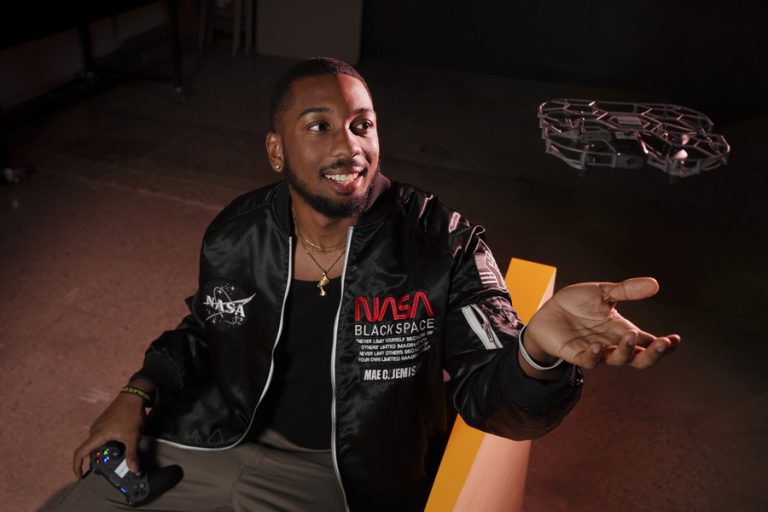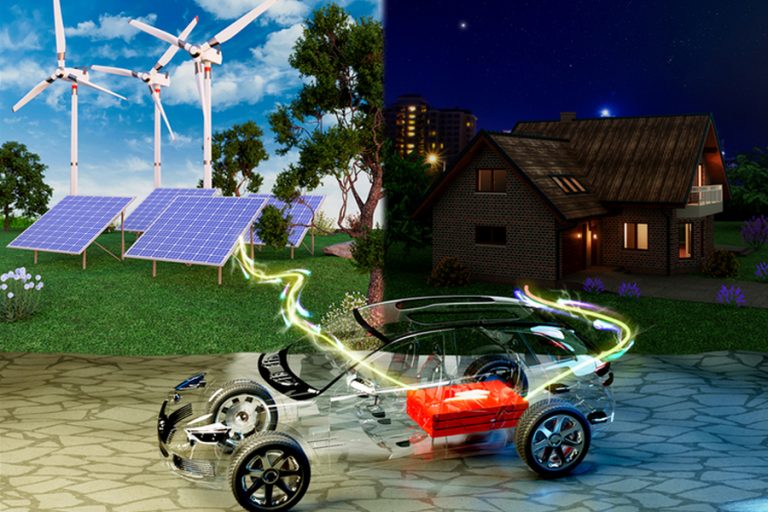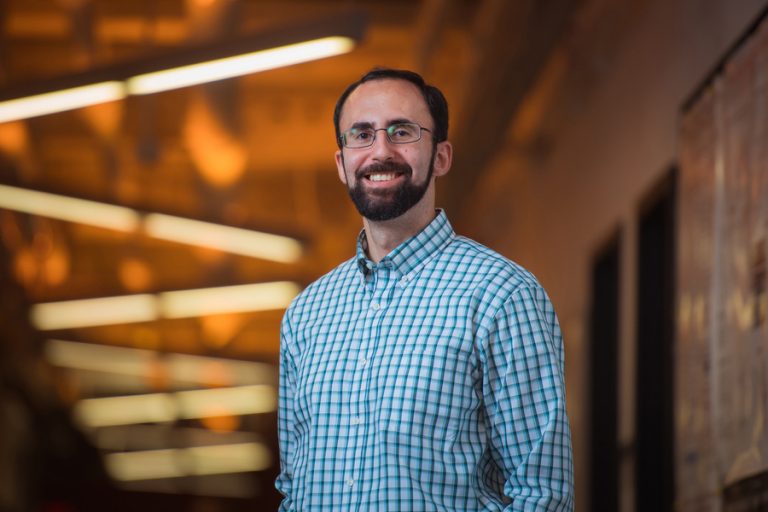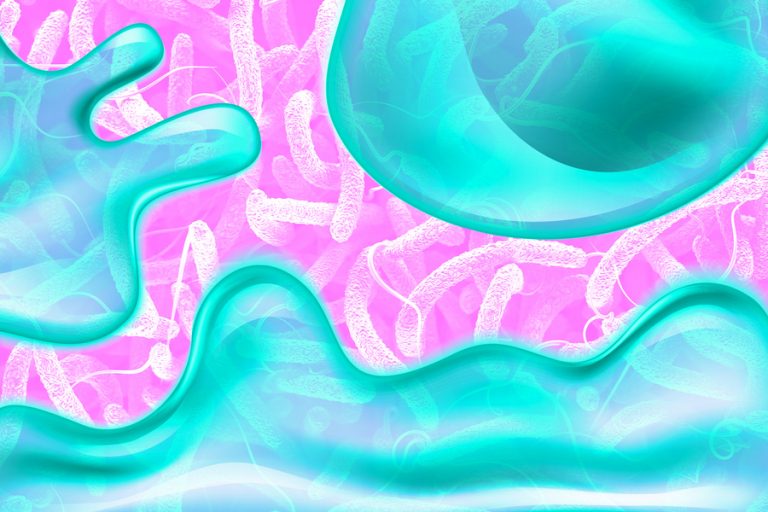Dear members of the MIT community and friends,
As I write to you, I can’t help but remark on the speed with which another semester has come and gone. Reflecting on all that we’ve accomplished this past year, I feel incredibly lucky to be part of such a dedicated and passionate community of students, staff, faculty, and alumni. Our work as engineers is always undertaken with an eye toward the horizon, energized by our collective mission to help create a better world.
With 2023 almost upon us, it’s exciting to consider how the work done at MIT this year will shape the future. Our researchers have conducted groundbreaking studies that offer solutions on issues ranging from clean energy to mitigating the spread of diseases. Many of these breakthroughs have the potential to improve the health of the planet, and people, for generations to come.
The impact our community has on the future can also be seen in our classrooms and labs. Faculty and teaching staff continue to find new and innovative approaches to teaching students fundamental engineering concepts. Alumni often take time out of their busy schedules to speak with graduating seniors about their career paths. Administrative staff support students in countless ways as they work towards completing their degrees. These individual efforts may seem small, but they enable us to educate the next generation of engineering leaders, who will someday develop transformative solutions, systems, and products.
With this eye toward the future, I’ve curated a selection of articles that give me hope for all that will come in the next year and beyond. In this issue of The Infinite, you’ll learn about the education of future naval leaders as well as our new program that provides opportunities for postdocs to gain professional skills in entrepreneurship, engineering leadership, and academia. You’ll also be introduced to a group of alumni taking their passion for research to the next level, meet a professor working to make nuclear energy more affordable, and have the opportunity to catch up on some of the latest groundbreaking research from our amazing community.
Here’s to another year full of compelling discoveries and remarkable breakthroughs! Until then, I wish you and yours a most wonderful holiday season.
Sincerely,


